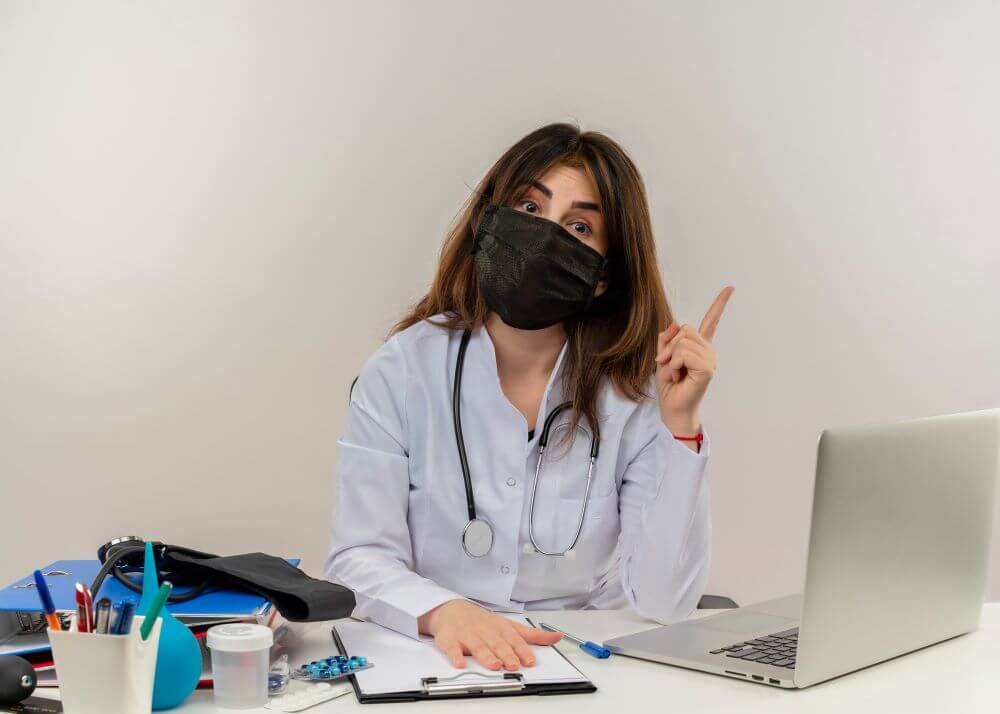Healthcare fraud is a topic that’s more important than ever for nurses on the front lines of patient care. Imagine this: you’re dedicated to helping people heal and thrive, but behind the scenes, there are people scheming to take advantage of the system for personal gain. However, by knowing how to act, nurses can play a crucial role in safeguarding both patients and the integrity of healthcare. Let’s dive into how nurses can take action against healthcare fraud.
What is healthcare fraud?
Healthcare fraud isn’t just a financial issue; it’s a breach of trust that impacts everyone involved in healthcare. It occurs when dishonest individuals or organizations deceive insurers or government healthcare programs for financial gain. These fraudulent activities not only waste resources but also jeopardize patient safety.
If healthcare fraud is suspected, involving a medicare fraud attorney can be crucial. These legal professionals specialize in prosecuting fraudulent activities within the healthcare system. This will ensure that perpetrators are held accountable and that patient care remains paramount.
Why it matters for nurses to spot it
For nurses, understanding healthcare fraud is essential because they are often the first to notice discrepancies in patient care and billing. By being vigilant, nurses can detect irregularities in:
– Medical records
– Billing statements
– Patient interactions that may indicate fraudulent activities
This awareness helps protect patients from unnecessary procedures and costs. It also ensures that healthcare resources are used appropriately.
Types of Healthcare Fraud
Healthcare fraud comes in many sizes and shapes. Understanding these tactics can help nurses protect patients and the integrity of the healthcare system. Here’s a deeper dive into the different types of fraud nurses should be aware of:
Billing Tricks
1) Upcoding: When bills are inflated. Imagine going to a restaurant and being charged for a gourmet meal when you only ordered a sandwich. Upcoding is similar—it involves billing for a more expensive service or procedure than what was actually provided. It’s like paying for a luxury suite when you only booked a standard room.
2) Unbundling: Breaking down bills unfairly. Unbundling is like paying extra for each topping on a pizza instead of the whole pie. It happens when separate components of a medical procedure that should be billed together are instead billed separately. This inflates the overall cost.
3) Phantom billing: Charging for services never given. Phantom billing is like paying for a magic show that never happened. It involves charging for services or procedures that were never provided to the patient. This type of fraud not only wastes resources but can also harm patients who may receive bills for treatments they never received.
Prescription Scams
1) Fake scripts: Writing prescriptions for profit. Imagine a doctor prescribing medications that a patient doesn’t actually need. This type of fraud involves healthcare providers writing prescriptions for unnecessary drugs or services solely for financial gain, often in exchange for kickbacks or other incentives.
2) Diverted drugs: Selling meds meant for patients. Instead of reaching patients who need them, medications can sometimes be diverted and sold illegally. This not only deprives patients of necessary treatments but also contributes to the underground economy of healthcare fraud.
Backroom Deals
1) Kickbacks: Cash for patient referrals. Kickbacks occur when healthcare providers receive money or other benefits in exchange for recommending patients to specific clinics or services. It compromises patient care by prioritizing financial gain over medical necessity.
2) Bribes: Payments for pushing products. Bribery in healthcare involves receiving payments or favors in exchange for promoting specific medical products or treatments, regardless of their suitability for patients. It undermines trust and can lead to unnecessary and potentially harmful treatments.
Steps Nurses Can Take to Identify Fraud
Nurses are the frontline detectives when it comes to identifying healthcare fraud. Here are practical steps they can take to stay vigilant and protect their patients:
1. Stay Sharp
Staying informed about new scams is crucial. Fraudsters are constantly evolving their tactics, so nurses need to keep learning and staying updated on healthcare regulations. It’s like staying ahead in a game where the rules are always changing.
2. Paper Trail
Clear and detailed record-keeping is like leaving breadcrumbs that can uncover fraud. Nurses should meticulously document patient care, treatments, and billing information. It’s not just about crossing t’s and dotting i’s—it’s about creating a trail that reveals any discrepancies.
3. Watchdog Duties
Auditing records isn’t just a formality; it’s about actively looking for patterns that don’t add up. Nurses should regularly review medical records and billing statements. Technology can also be a powerful ally here, helping to analyze data and spot unusual trends that might indicate fraud.
4. Speak Up
Creating a culture of transparency and accountability among colleagues is essential. Nurses should encourage honesty and open communication. If something doesn’t seem right, speaking up can make all the difference. It’s about creating an environment in which everybody feels empowered to report suspicious activities without fear of retaliation.
5. Support Whistleblowing Efforts
Whistleblowing can sometimes feel like stepping into the unknown, but it’s crucial for uncovering fraud. Nurses should know how and where to report concerns confidentially. Supporting whistleblowers ensures that fraud is exposed and stopped before it harms patients or tarnishes the integrity of healthcare.
Conclusion
Nurses are the frontline detectives in the fight against healthcare fraud. By staying alert and encouraging openness, they can help protect patients and keep healthcare honest. It’s a team effort, and every nurse’s vigilance counts in ensuring fair and safe healthcare for all.

